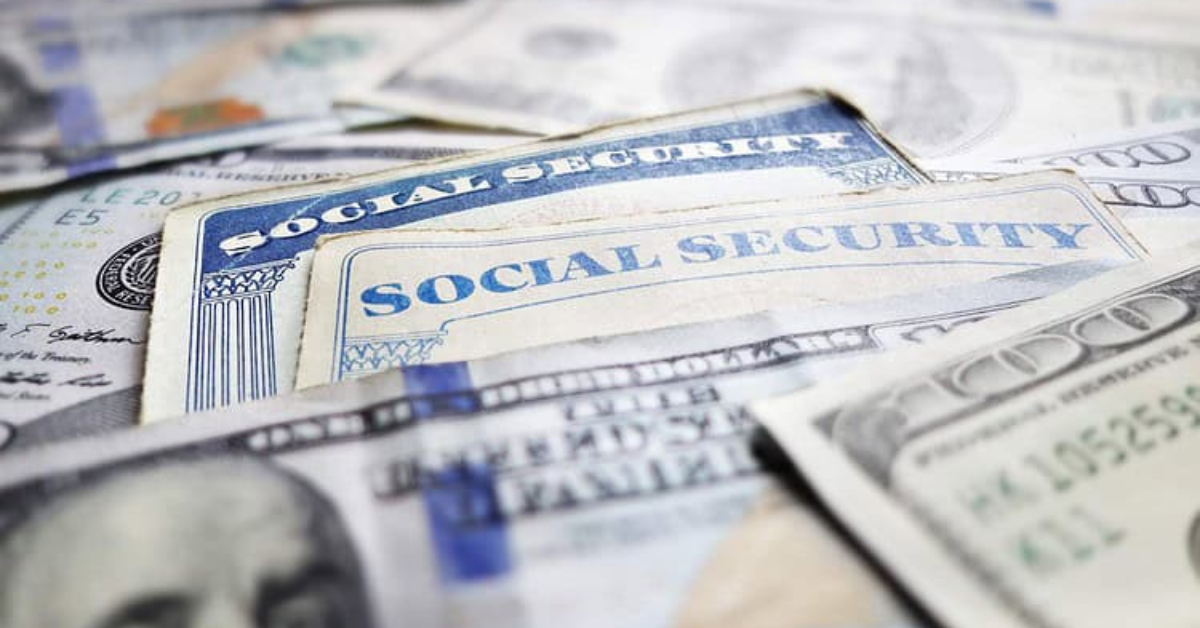Supplemental Security Income (SSI) checks for January, which could be worth up to $943 for individual recipients. This payment is an essential part of the financial assistance provided to people with disabilities, ensuring they have the support needed to meet their basic needs. Here’s a closer look at the upcoming SSI payments, how they work, and what recipients can expect.
SSI Payments Are Issued Early Due to New Year’s Holiday
On December 31, 2024, the Social Security Administration (SSA) will issue the January SSI payments. These payments are scheduled to be sent out earlier than usual because the first day of January falls on New Year’s Day, a federal holiday.
The SSA has a rule in place that requires payments to be made by the first day of each month, but when the first day falls on a holiday or weekend, payments are issued on the last business day before the start of the month. As a result, all eligible recipients will receive their payments on December 31, 2024.
This system ensures that beneficiaries have access to their payments on time, regardless of holiday schedules, and provides much-needed financial relief at the start of each month.
How Much Are SSI Payments Worth?
The amount of the SSI check varies depending on the recipient’s status:
- Individuals: People who qualify for SSI as individuals will receive $914 per month.
- Couples: Eligible couples, where both partners qualify for SSI, will receive a total of $1,415 monthly.
- Essential Persons: People who live with someone receiving SSI and provide necessary care to that person are eligible for an additional monthly payment of $472.
These payments are meant to cover basic living expenses for individuals with disabilities who may not be able to work due to their condition.
Why the Early Payment for January?
Since January 1, 2024, is a federal holiday, the payments are being issued on December 31, 2024, to ensure that recipients don’t face any delays due to the holiday. This is not an isolated event — similar early payments will occur in 2025 when the first of the month falls on a holiday or weekend. For instance, payments for February, March, June, September, and November 2025 will be issued earlier than their usual date.
This early issuance helps maintain the consistency of payments so recipients can plan and know exactly when to expect their benefits.
A Brief History of SSI Payments
The first SSI payments were issued in January 1974, marking the start of a significant program that provides monthly payments to those who qualify based on financial need and disability. The payment amounts have been adjusted over the years according to the cost of living to ensure that beneficiaries can keep up with rising prices.
Since 1975, the Social Security Administration has increased SSI payments annually to reflect changes in the cost of living, ensuring that the payments maintain their value over time.
It’s important to note that SSI payments are different from Social Security retirement payments. SSI is designed to help people with disabilities who have limited income, while Social Security payments are generally provided to retirees based on their work history. Unlike SSI payments, which are issued on a set schedule, Social Security retirement payments are distributed in three waves each month, depending on the recipient’s birth date.
Who Qualifies for SSI Payments?
SSI benefits are available to individuals with disabilities that prevent them from working. To qualify for these payments, an individual must have a disability that significantly impacts their ability to earn an income.
The program also requires that individuals meet certain income and resource limits. Couples who are both disabled and living together can receive higher payments, but the total payment amount will be adjusted based on their financial situation.
What Happens in 2025?
Looking ahead to 2025, SSI recipients will receive early payments in five months, as the first day of those months falls on a weekend or holiday. These months are February, March, June, September, and November. The SSA will issue payments in advance to ensure that recipients receive their benefits at the start of each month, as per the usual schedule.
This rule is beneficial to recipients, ensuring they have access to their benefits without delays. It’s especially important for those relying on SSI payments for their day-to-day needs, as delays could disrupt their ability to pay for essentials like food, housing, and medical care.
Conclusion
The early issuance of January’s SSI payment is a helpful reminder of the SSA’s commitment to ensuring that those with disabilities have access to financial support on time. Whether it’s helping individuals cover their living expenses or providing a cushion for those facing significant challenges, the SSI program plays a crucial role in supporting millions of Americans.
For those who receive SSI payments, understanding the schedule and knowing when to expect your benefits can make a big difference. With early payments scheduled for the beginning of 2025, recipients can rest easy knowing that their payments will be timely and consistent.
Note: Every piece of content is rigorously reviewed by our team of experienced writers and editors to ensure its accuracy. Our writers use credible sources and adhere to strict fact-checking protocols to verify all claims and data before publication. If an error is identified, we promptly correct it and strive for transparency in all updates.







